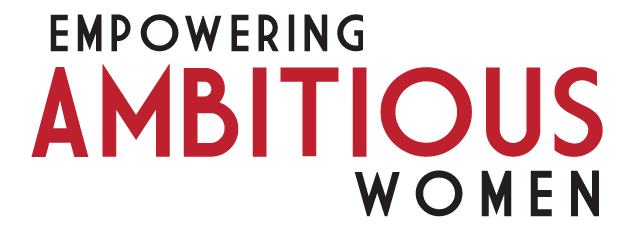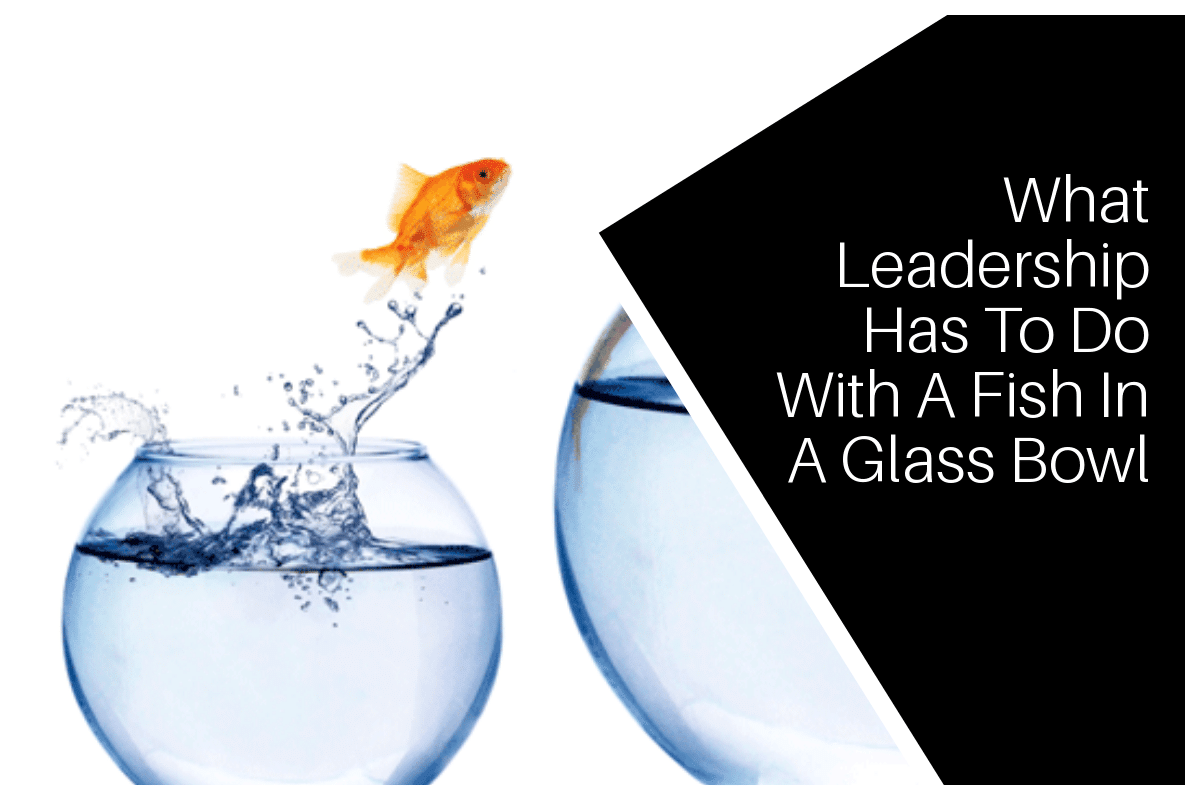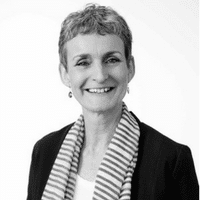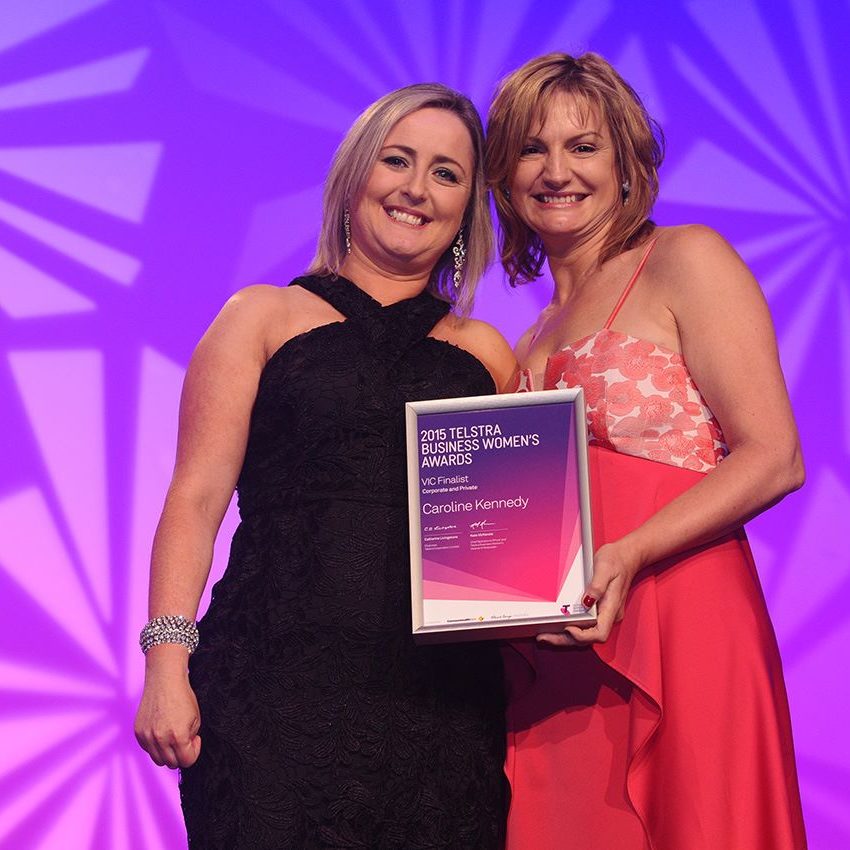What leadership has to do with a fish in a glass bowl and how to be the best fish possible!
Unless you work on your own, hidden away in a room without any contact at all with the outside world, you are ‘on show’. You are like a fish in a glass bowl, being observed and noticed, and everything you do being interpreted by those around you.
And everything you do or don’t do, say or don’t say, has an impact on the people that can see or hear you.
Your aim is, of course, to have a positive effect, and you may think you do. Ideally, how you want to impact the people around you is exactly how you do impact them, but chances are, you’re not! One of the reasons for this is that your perceptions of yourself are not how the people around you perceive you.
A fish doesn’t see itself the same as those watching the fish
When the people around you observe you, they assign meaning to all you do and don’t do; say and don’t say. They do so through their own individual lens, which is shaped by their experiences, expectations, beliefs, values, etc.
And they have limited information to go on: only what they see and hear.
Your perception of how you impact people around you is hampered by your own filters when you observe their response to you.
And, perhaps more importantly, your perception of yourself is to a large extent based on your intentions, worries, and internal chatter from your perception. Even if what you think doesn’t get translated into how you behave, you’ll include it in how you perceive yourself (‘at least I didn’t do what I was thinking about’).
How to be the best fish you can be
To be the best you can be, and have the positive impact on people that you want to have, you need to have information you can trust about how you are perceived. And that is tricky.
Firstly, because most people’s reactions to you are censored – they don’t tell you what they really think and feel. And secondly because you have additional information that you can’t ignore – your own thoughts, intentions, and inner voice.
So how do you bridge the gap between how you want to show up and how you are being perceived?
You need to get reliable information about what people see and how it impacts them. Once you have that clarity you will be able to modify how you do things to better meet the needs of others.
Let me share a personal example with you. For years I assumed I was a warm and open person. Sure, I often felt uncomfortable in situations where I had to be around strangers; I am an introvert. But I had developed some ways to at least be able to talk to strangers when they approached me. Fortunately, not many strangers approached me.
Until years later, a very courageous person gave me some feedback that changed my life: he thought I was arrogant. What, wait, who, me? And he was more specific, he was able to describe the facial expression I wore that made it seem like I looked down upon people.
Some painful self-reflection later I realised that when I feel uncomfortable, I look around me in a certain way that makes me look like I feel far superior to everyone around me. And I made people scared to talk to me! Ouch.
I’ve since been able to make some changes and the feedback tends to be much more in line with how I want to come across and are now seen to be open and friendly.
The very courageous person was able to give me feedback that I could use because it made a clear connection to some specific behaviour. Unfortunately, most feedback we receive tends to be in the more generic format of ‘communicate better’.
And of course, not many people have the courage to give you feedback, even if they could point towards specific behaviour.
If you are serious about creating a positive impact on all those around you, I think you can’t go past an objective survey (a 360-degree feedback tool) where you receive feedback but your feedback-givers have a sense of anonymity.
It increases the value and reliability and a good assessment tool will ask them to rate you on a set of behaviours and provide you with their feedback comments as well.
And a final recommendation: make sure you engage an experienced coach to help you process the information and identify what areas you want to focus on.











